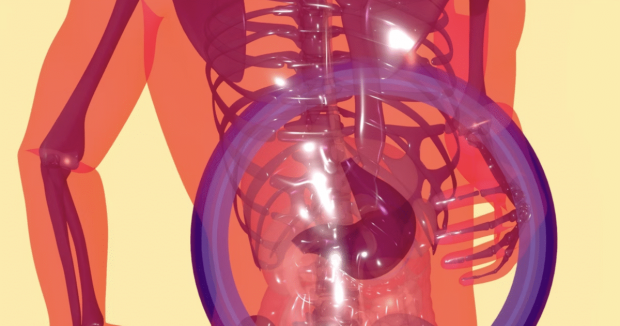
Breaking News
 Trump Announces MASSIVE Social Security Cleanup -- 275,000 Illegal Aliens Removed...
Trump Announces MASSIVE Social Security Cleanup -- 275,000 Illegal Aliens Removed...
 BOMBSHELL: Kash Patel Uncovers Obama Deputy AG Sally Yates' Email Ordering FBI Agents...
BOMBSHELL: Kash Patel Uncovers Obama Deputy AG Sally Yates' Email Ordering FBI Agents...
 China Unveils World's First Pregnancy-Simulating Humanoid Robot
China Unveils World's First Pregnancy-Simulating Humanoid Robot
 How Coca-Cola's Secret Formula Has Changed Over Time
How Coca-Cola's Secret Formula Has Changed Over Time
Top Tech News
 1,000 miles: EV range world record demolished ... by a pickup truck
1,000 miles: EV range world record demolished ... by a pickup truck
 Fermented Stevia Extract Kills Pancreatic Cancer Cells In Lab Tests
Fermented Stevia Extract Kills Pancreatic Cancer Cells In Lab Tests
 3D printing set to slash nuclear plant build times & costs
3D printing set to slash nuclear plant build times & costs
 You can design the wheels for NASA's next moon vehicle with the 'Rock and Roll Challenge
You can design the wheels for NASA's next moon vehicle with the 'Rock and Roll Challenge
 'Robot skin' beats human reflexes, transforms grip with fabric-powered touch
'Robot skin' beats human reflexes, transforms grip with fabric-powered touch
 World's first nuclear fusion plant being built in US to power Microsoft data centers
World's first nuclear fusion plant being built in US to power Microsoft data centers
 The mitochondria are more than just the "powerhouse of the cell" – they initiate immune...
The mitochondria are more than just the "powerhouse of the cell" – they initiate immune...
 Historic Aviation Engine Advance to Unlock Hypersonic Mach 10 Planes
Historic Aviation Engine Advance to Unlock Hypersonic Mach 10 Planes
 OpenAI CEO Sam Altman Pitches Eyeball-Scanning World ID to Bankers
OpenAI CEO Sam Altman Pitches Eyeball-Scanning World ID to Bankers
 New 3D-printed titanium alloy is stronger and cheaper than ever before
New 3D-printed titanium alloy is stronger and cheaper than ever before
China Unveils World's First Pregnancy-Simulating Humanoid Robot

The device, created by Guangzhou-based Kaiwa Technology, features an artificial womb integrated into a robotic abdominal module to replicate the full gestation.
The artificial womb is an advanced incubation pod that mimics the conditions of a uterus and is designed to handle the full human pregnancy cycle, from conception to birth.
Priced below 100,000 yuan, or about $14,000, the robot aims to assist infertile couples and individuals who prefer to avoid biological pregnancy, especially young women who wish to have children.
Kaiwa Technology founder Zhang Qifeng, who earned his PhD from Singapore's Nanyang Technological University in 2014, announced the project at the 2025 World Robot Conference in Beijing.
The company, established in 2015, has previously produced service and reception robots.
Zhang described the technology as mature, noting that the artificial womb would use amniotic fluid and nutrient hoses to support fetal growth.
The robot builds on existing artificial womb research, including a 2017 experiment at the Children's Hospital of Philadelphia where premature lambs grew in a "biobag" filled with synthetic amniotic fluid.
In that study, published in Nature Communications, lambs developed normally over four weeks with nutrients supplied via umbilical cord tubes.
However, experts emphasize that replicating human pregnancy involves complex hormonal and immune interactions not yet fully achievable. Details on how Kaiwa Technology will surmount these challenges is not available yet.
News of the development trended on Weibo, garnering over 100 million views.
Supporters highlighted potential benefits for women's liberation from pregnancy burdens and new options for infertility treatment.
Critics raised concerns about ethical issues, including fetal-maternal bonding and the sourcing of eggs and sperm.



